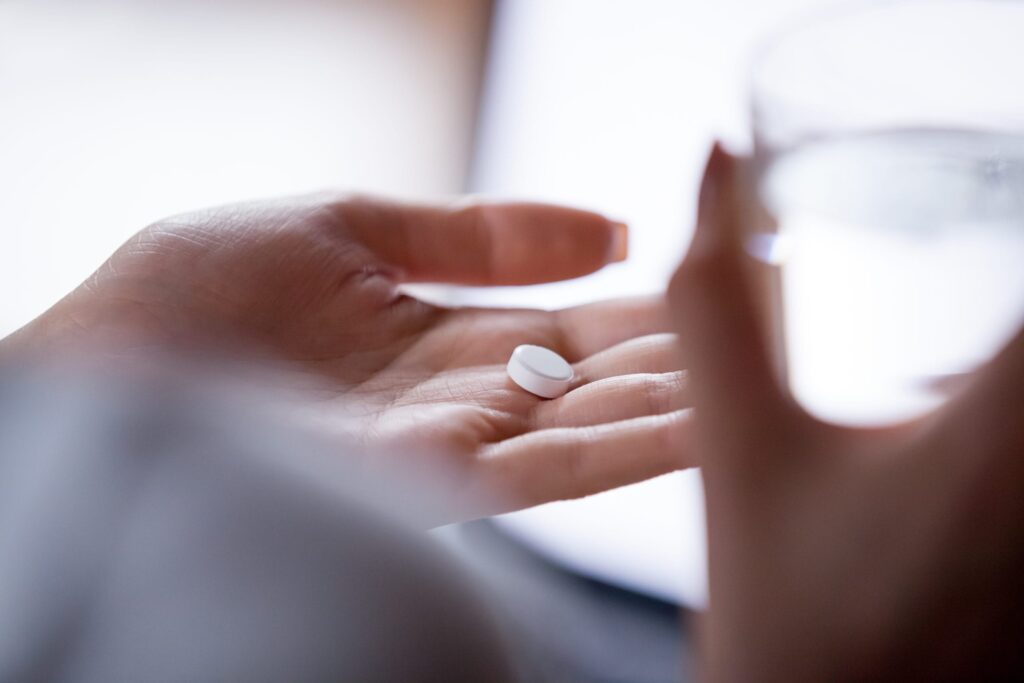Each day in the United States, over 130 people die from overdosing on opioids.
The drug crisis in America kills more people each year than gun violence, car crashes or Aids. And it’s just getting worse.
But you don’t have to be a statistic. There is hope. The best way you can secure your long-term sobriety is to consider a medically assisted detox treatment.
But what is a drug detox program and who does it benefit? Read on to find out.
What Is Medication-Assisted Detox?
Addiction is a serious condition that is difficult to treat. As the brain becomes used to the substance, it begins to depend on it. That is why people crave the substance they are addicted to.
The first period of time after stopping drugs or alcohol will bring on intense cravings. A medication-assisted treatment makes those withdrawal symptoms easier to bear. Some medications can curb cravings and other withdrawal symptoms to make drug detoxification easier on the addict.
Not only are the medicines in detox treatments helpful with cravings, but they also work to normalize brain chemistry and function. Medication can also block the effects of the drugs on an individual.
In a detox for drugs, doctors carefully administer medication based on the unique needs of each patient. The medications and doses will depend on the severity of the addiction and other factors such as age, weight and mental health.
But before we can understand the value of medication during detox, let’s review what withdrawal is.
Understanding Withdrawal
Withdrawal from drugs and alcohol is dangerous. Especially when attempted alone without medical supervision.
There are risks of severe complications such as seizures, delirium, hallucinations, and unpredictable behaviors. Violence and accidents are possible due to the altered state of cognition.
Withdrawing from opioids is not typically dangerous, but it can be extremely uncomfortable. Many people find the symptoms of withdrawal so difficult that they return to using drugs in order to stop the symptoms.
If you are addicted to any substances, medical detox will keep you safe while withdrawing. And it will reduce the intensity and distress of withdrawal symptoms.
How Drug Detox Works
Medical drug detox is the first step in a drug recovery program. It does not replace behavioral therapy but rather works with it in order to help an addict progress to sobriety.
Detox is the first stage of clearing toxins from the body. During this stage right after drug cessation, a medical team will manage a patient’s symptoms to help them overcome their dependency on the substance.
Drug detox centers are safe spaces where health professionals monitor patients 24/7 in order to help them through the detox process safely and with minimum discomfort.
Alcohol Detox
Detox from moderate and severe alcohol addiction is best done with medical supervision. Withdrawal symptoms typically begin between six and 24 hours after the last drink.
A person can still have alcohol in their bloodstream and begin experiencing withdrawal symptoms.
WIthout supervision, alcohol detox can be fatal. Severe high blood pressure, fever, accelerated heart rate, seizures, and delirium are all possible. All of which can lead to death.
Other symptoms include nausea, insomnia, hallucinations, fever, vomiting, and insomnia.
People with a long history of alcohol use or with previous experience of negative withdrawal symptoms should seek medical detox.
Pros of Medically Assisted Detox
The benefit of a detox treatment that uses medication is that treatment is easier on the patient.
The type of medication a doctor uses will depend on the unique needs of the patient. Anti-anxiety medication can help with psychological withdrawal symptoms. Sedatives and anticonvulsants can help ease physical symptoms.
Drug detox treatments have higher success rates! Patients ease through withdrawal and feel confident that they can become clean and sober. Detox treatments are linked to lower relapse rates, too.
Medically assisted detox is an effective way to prevent overdose. There are medications such as buprenorphine which give the effects of an opioid but not as strong. This can help addicts transition to sobriety.
Cons of Medically Assisted Drug Detox
Medical detox doesn’t address the psychological reasons that people develop substance addictions. Detox alone is not enough. The drive behind the addiction will soon propel a person to begin abusing substances again.
That’s why detox is not the end of the journey. At DreamLife Recovery, is the first step. We will then help patients transition to the next level of care.
Who Should Consider Detox Treatment?
You should consider medication-assisted detox treatment if you have been diagnosed with a drug or alcohol addiction by a medical professional.
If you have explored other treatment options with little success, detox treatment may be the best option for you.
If you know that you can take prescription medication on time, without fail, you are a good candidate for drug detox treatment.
When you consider if detox treatment is right for you, think about how much alcohol or drugs you currently use. Think about what other substances (including prescription medication and marijuana) you currently use.
Consider how long you have been using and your past experiences when you’ve tried to stop using.
If you are motivated to get clean, you should explore drug detox treatments.
Bottom Line
We hope this guide has clarified what detox treatment is, how it works and who it is good for.
Remember, if you are serious about getting clean, you will want to give your recovery the best possible chance to succeed.
At DreamLife recovery, we can help. Contact us to get started.






